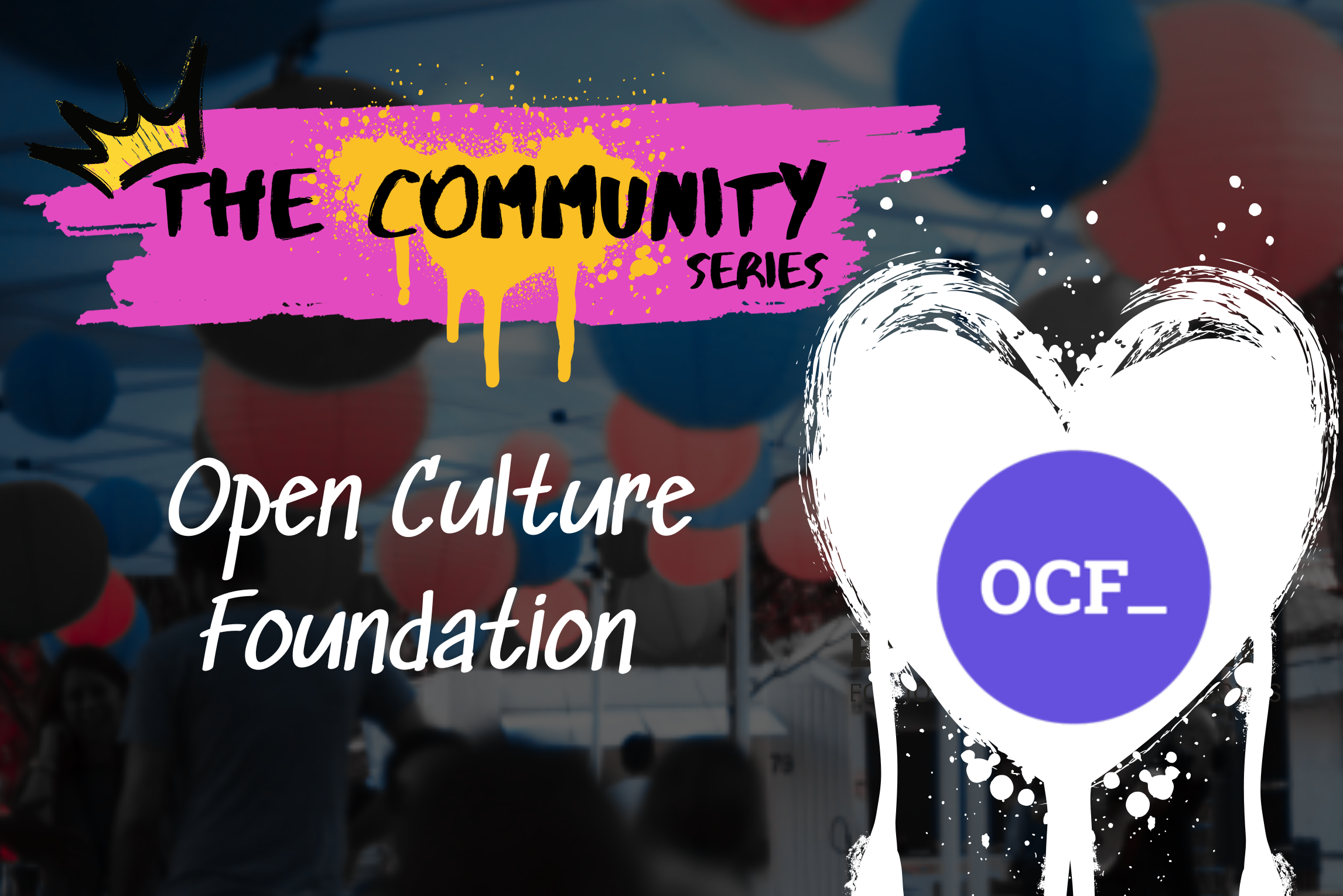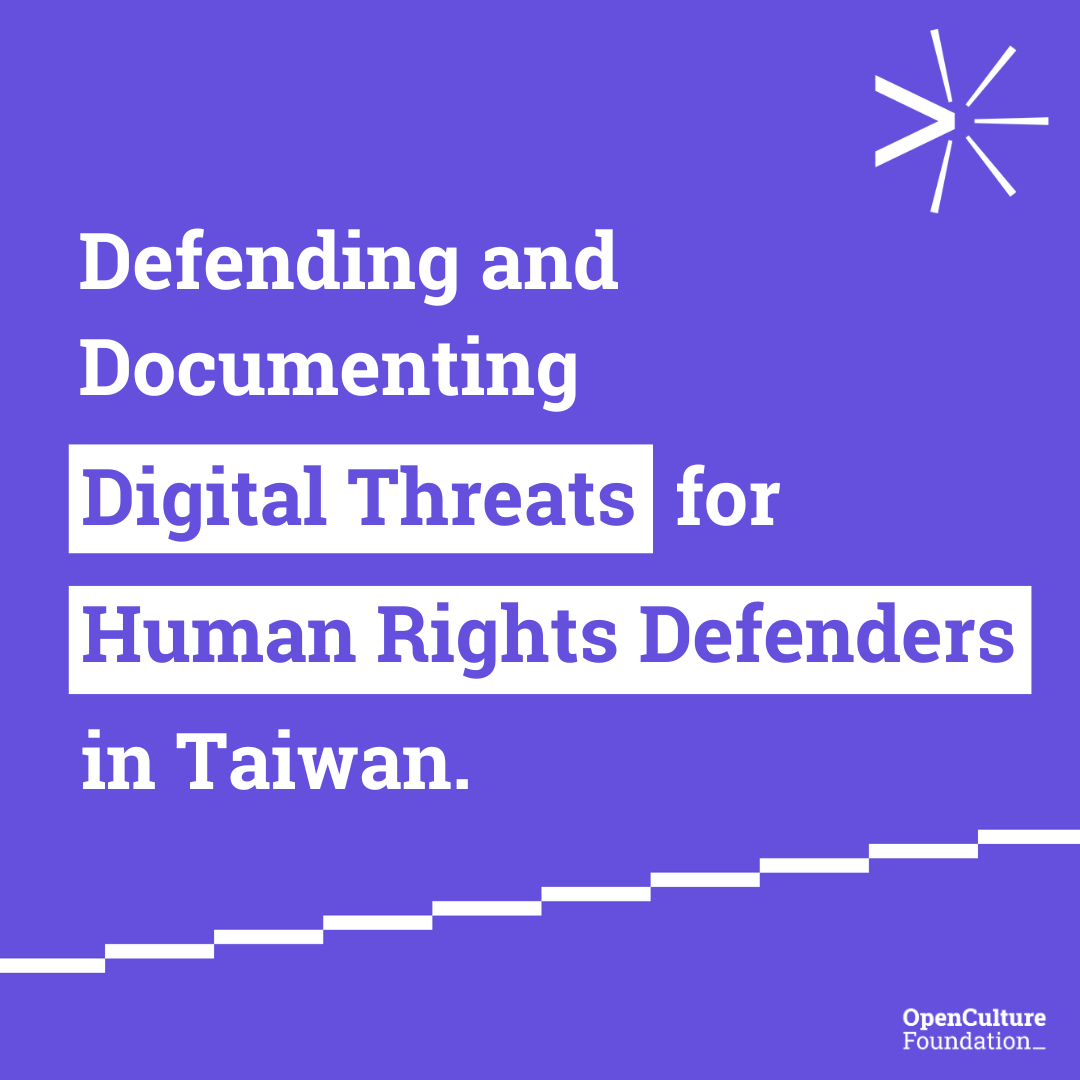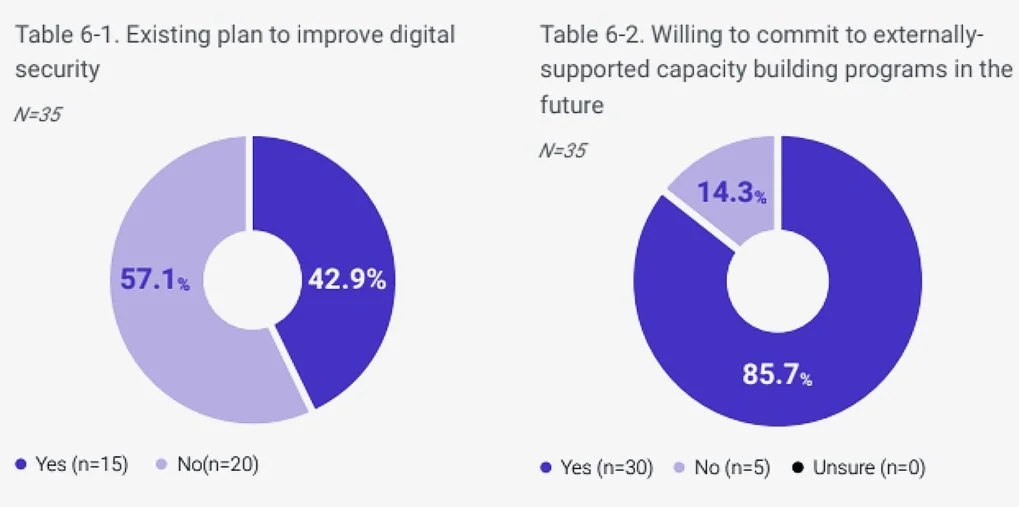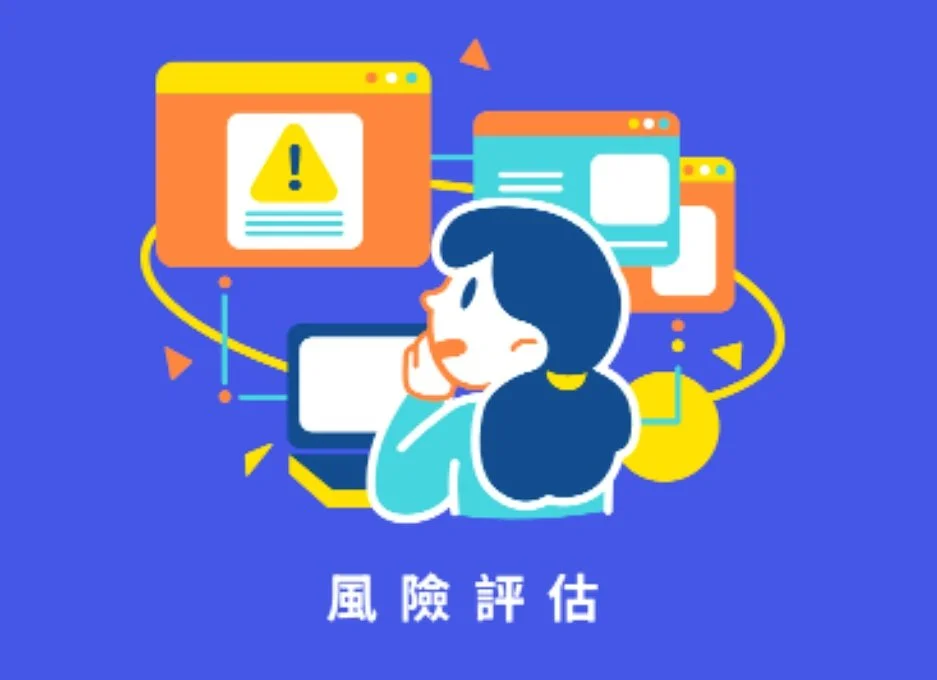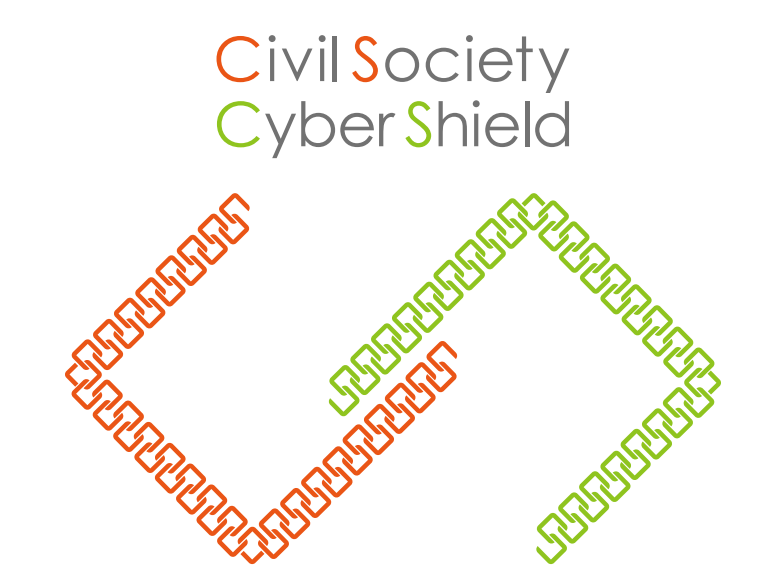Open Culture Foundation: Getting to Know Their Work in Open Tech and Transparency in Taiwan
The Community Series features stories of the people and projects behind the digital rights community.
Open Culture Foundation’s Research Manager, Chia-Shuo
The Open Culture Foundation (OCF) is a nonpartisan nonprofit made up of several Taiwan-based open technology communities. OCF’s mission is to support local groups advocating for open technology, which they view as fundamental to protecting digital rights and internet freedom. We spoke with their Research Manager, Chia-Shuo Tang, to learn more about their challenges and current projects, including Defending and Documenting Digital Threats for Human Rights Defenders in Taiwan, the Civil Society Cyber Shield, and Public Money, Public Code.
Did You Know...
The Taiwanese open source community played a key role in inspiring how we do things in Team CommUNITY, and our events. The seed for our project was planted after we attended a free culture event in Taiwan in 2006, where the Taiwanese community’s deep commitment to authentic community building motivated us to create something similar for the digital rights community.
How Open Culture Foundation Started
OCF's 10-year anniversary was in 2024. Photo by Cuolian Image Studio. CC BY 4.0 Released.
OCF was founded in 2014 in Taiwan by a group of open-source software enthusiasts and communities. Since then, it has expanded its vision and mission to include digital democracy, digital rights and internet freedom. To-date, OCF has been able to support more than 40 open technology initiatives across the country.
“We saw that technology has the potential to advance our democracy, but we also have to pay attention to its risks. We believe in civic tech, which means that technology can improve how we participate in democracy and make the government more transparent and open,” explains Chia-Shuo, OCF’s Research Manager.
Defending and Documenting Digital Threats for Human Rights Defenders in Taiwan
According to the 2024 Freedom on the Net report, Taiwan offers one of the freest online environments in Asia, marked by affordable internet access, diverse online content, and an absence of internet shutdowns. However, civil society organizations, the technology sector, and the government officials have expressed growing concerns over digital attacks from China. There are also worries about website blocking due to domestic laws and regulatory systems.
Chia-Shuo explains that people in Taiwan face two primary types of digital threats: general threats encountered by internet users worldwide, and targeted attacks orchestrated by authoritarian governments.
“The general threats that all users face are hacking by malicious actors, scammers, or individuals attempting to hijack your data, as well as violence on social media, harassment, and other attacks. But we are also seeing a rise in attacks that can be traced to authoritarian governments. This means there are governments initiating targeted attacks on human rights defenders. These attackers engage in phishing, pretending to be human rights organizations requesting assistance, when in fact they aim to trick recipients into clicking malicious software or hijacking their computers to steal information."
In this context, OCF has created the project Defending and Documenting Digital Threats for Human Rights Defenders (HRDs) in Taiwan, which identifies the scope and sources of digital threats in order to develop capacity-building toolkits that help HRDs mitigate risks and support their work.
To date, OCF has received reports of digital incidents that were analyzed by cyber forensics experts, who confirmed that a portion originated from state-sponsored hacker groups in China. “There have been some cases, and the number is rising — which worries us that this could become a trend,” he adds.
OCF found that if external resources are available, human rights defenders (85.7%) are willing to commit to capacity-building activities.
Digital Security Mapping for HRDs in Taiwan
In response to these challenges, OCF developed the report Digital Security Mapping for HRDs in Taiwan, which includes insights from 35 organizations on the demographic characteristics, digital threats, safety practices, and capacity-building needs within their communities. The report found that:
Most human rights defenders (HRDs) in Taiwan are part of small, locally based organizations with vulnerable digital infrastructure.
All have experienced digital attacks, with 60% suffering actual damage.
Though 82.9% suspect foreign authoritarian actors, most lack adequate preparedness and consistent safety practices.
Digital security efforts are often fragmented due to limited IT support and resources, but 85.7% are willing to join capacity-building programs.
“The weakest point of digital security is the level of safety in our organizations, so we need a collective approach to face these challenges and reduce the weak points,” concludes Chia-Shuo.
The Digital Defense Handbook
OCF has also developed resources for Taiwanese initiatives, such as the Digital Security Tips & Open-Source Manual for Civil Society Organizations (in Chinese). This open-source tool focuses on privacy and security, offering guidance on risk assessments, case studies, pretests, the use of password managers, and effective backup strategies, among other topics aimed at improving everyday digital safety practices.
Part of Civil Society Cyber Shield: A Taiwanese Initiative to Support the Education and Protection of Civil Society
OCF is also part of the Civil Society Cyber Shield (CSCS), a Taiwanese initiative launched by several civic and tech organizations to support social activists and civil society groups with digital security tools, training, and education. The CSCS has developed a comprehensive set of training resources to support both new trainers and grassroots organizations, including Training materials for trainers (translated from Security Education Companion), and the Digital security training material developed by CSCS community (in Chinese).
Public code has four major characteristics: allowing reuse, avoiding vendor monopoly, public participation and collaboration, and open and transparent content.
Public Money, Public Code: Advancing a Transparent Government
In 2003, the Taiwanese government began promoting the development and application of open-source software. However, OCF notes that digital policies have since focused largely on open data and its applications—often overlooking the use of open-source software or the release of government-developed programs as open source.
In response, OCF launched the Public Money, Public Code initiative, hoping to bring more attention to the disadvantages of relying on proprietary software. Part of this initiative includes working with the Ministry of Digital Affairs to explore how the adoption of open-source software in the public sector can create more opportunities for public participation and foster a more open and transparent digital ecosystem within the government.
“Relying on a foreign private company poses economic risks and can lead to rising licensing fees, with little room for negotiation, wasting taxpayer money. In addition, if you want to expand a public service and the provider can’t support that functionality, you’re stuck,” shares Chia-Shuo.
Chia-Shuo also highlights that open-source software not only helps you better manage challenges, but it also allows for community involvement.
The Future of Digital Rights in Taiwan
Reflecting on the broader geopolitical context and its implications for Taiwan’s digital rights landscape, Chia-Shuo shares:
“Taiwan is widely recognized as a vibrant democracy in the Asia-Pacific region. However, its progress faces significant challenges. The recent shift toward realism in international politics risks deprioritizing universal human rights values, creating opportunities for authoritarian regimes to unilaterally expand their influence in the digital sphere. As a result, Taiwan’s digital future presents complex challenges, particularly for civil society organizations like OCF.”
In light of growing security concerns and evolving state responses, Chia-Shuo emphasizes the need for thoughtful policymaking:
“A balanced response is necessary—one that acknowledges the importance of strengthening digital sovereignty to protect citizens in the borderless internet while ensuring that the government remains accountable. It is crucial to prevent policies that compromise digital privacy and freedom of speech in the name of security.”
If you would like to partner or support Open Culture Foundation, you can reach them out at hi@ocf.tw

